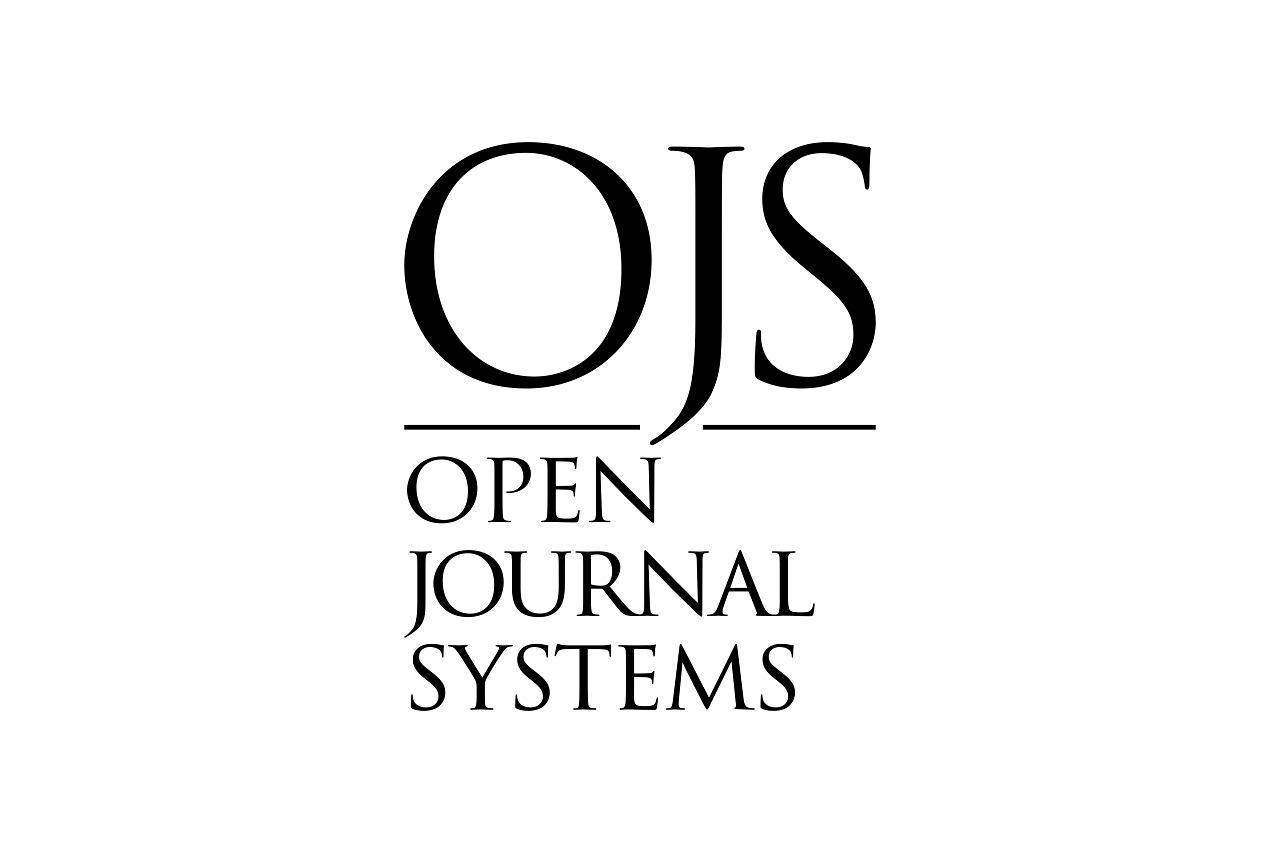Challenges and opportunities of Kazakhstan's migration policy
DOI:
https://doi.org/10.52123/1994-2370-2020-73-2-4-14Keywords:
emigration, immigration, migration program, repatriate, external migration balance, immigration quotaAbstract
The article assesses the implementation of migration policy of Kazakhstan over the past twenty years based on analysis of previously adopted and/or current legal acts, government programs and concepts. In addition, it analyzes the impact of socio-economic conditions on migration processes on the example of EAEU member states and Kazakhstan, since according to official data the majority of the country’s population emigrate to Russia and Belarus. The result of the analysis revealed the main reasons for the low level of efficiency in the implementation of the migration policy of the Republic of Kazakhstan. New approaches have been proposed to regulate migration activities aimed at improving the quality of life of migrants and improving the socio-economic conditions of the indigenous population in order to reduce the outflow of highly qualified specialists from the country.
This research is funded by the Science Committee of the Ministry of Education and Science of the Republic of Kazakhstan (Grant No. АР05136246)
 : 599
: 599
 : 192
: 192























